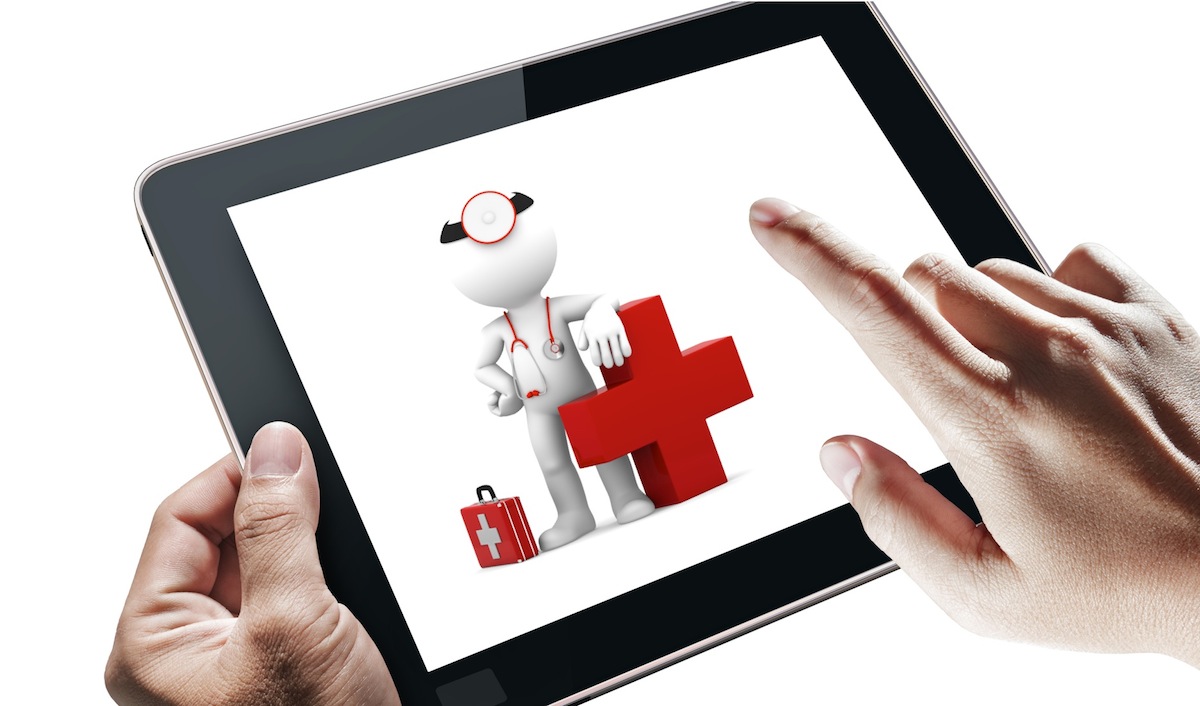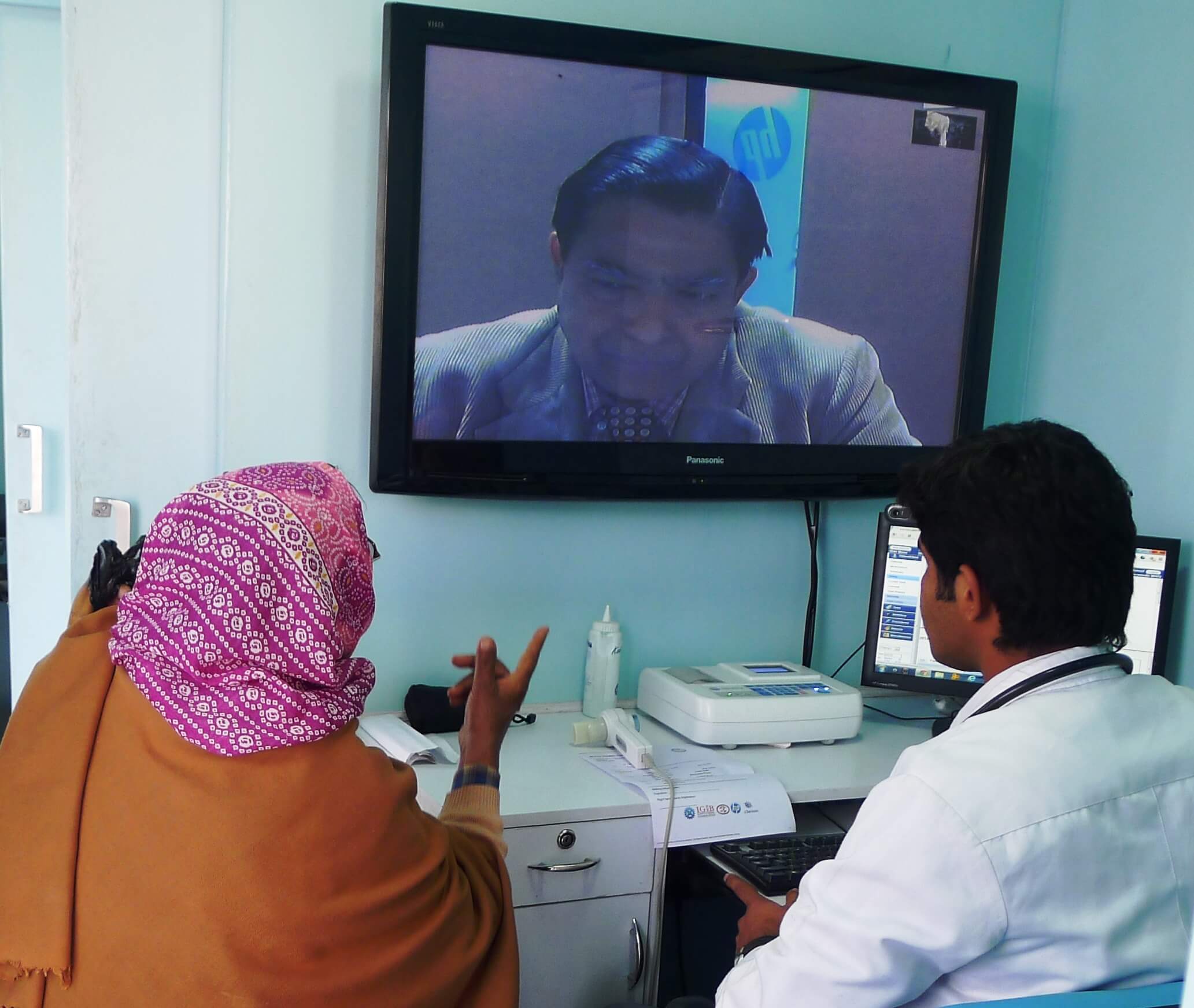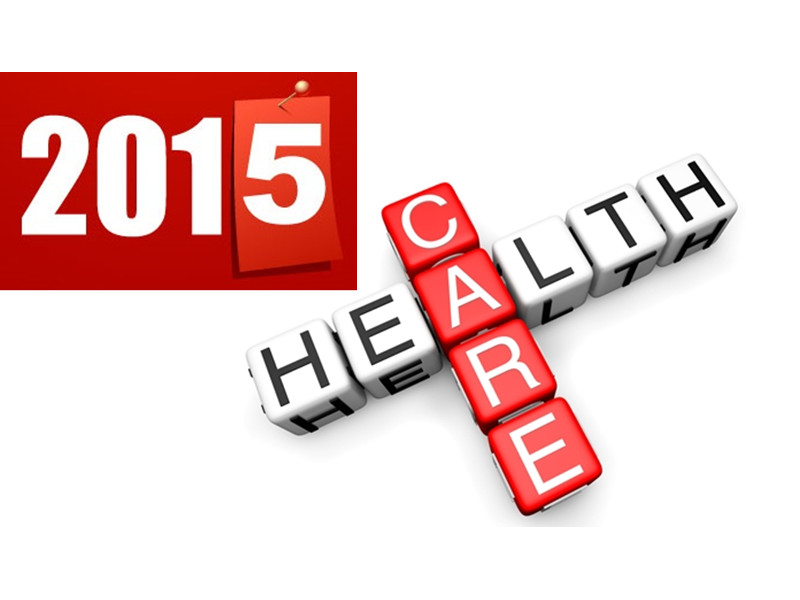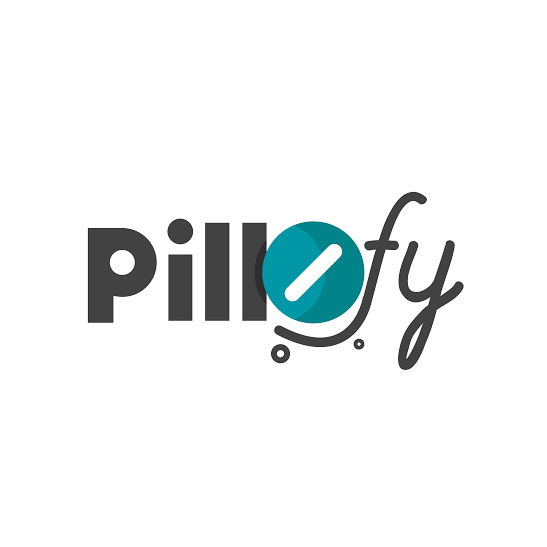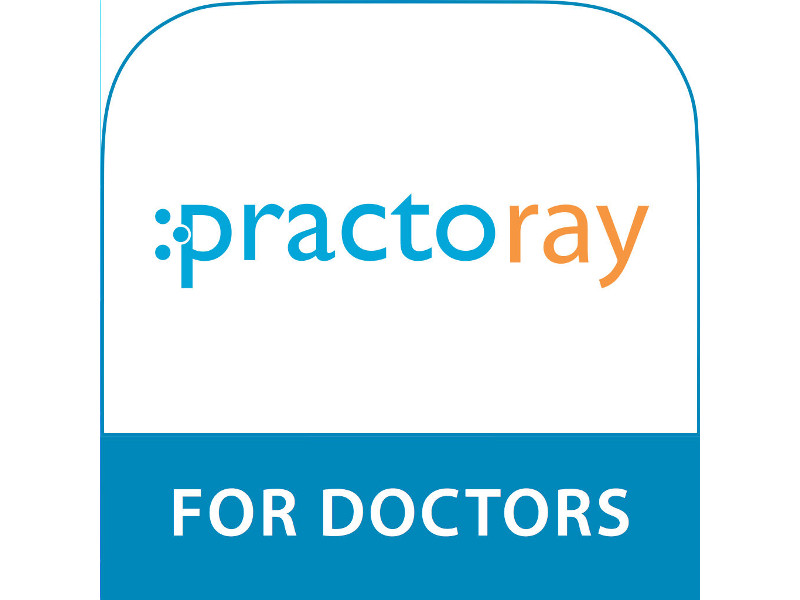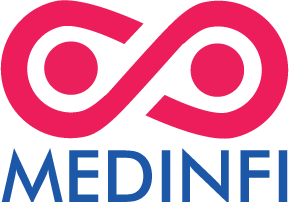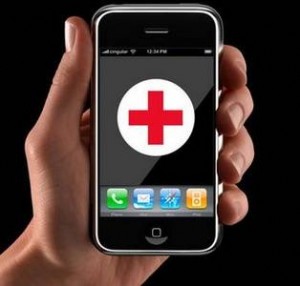Over past few years, medicine has seen witnessed a substantial change in technological complexity and the reduction in cost of information communications technology (ICT) has resulted in a symbiotic relationship between the healthcare and ICT sector. Advances in information and communication technology and the dissemination of networked data processing have led to widespread access to information resources and globalisation of communications, businesses and services. In the health sector, the consolidation of ‘eHealth’, an area rapidly growing in health today, is distinguished by the utilisation of electronic communication and information technology to transmit, store, and retrieve digital data for clinical, educational and administrative purposes at the local and distance site.
Nigeria in todays world is deploying e-commerce and e-business strategies in major sectors like Banking, Oil & Gas, Manufacturing etc while the health sector is yet to fully witness the emulation of these tools to provide efficient health services. The health sector is an enterprise characterised by the use of information for every decision taken. eHealth deployment in health sector is to provide opportunities for individuals, medical professionals and healthcare providers to obtain information, communicate with professionals, deliver first-line support especially where distance is a critical factor (telemedicine) and promote preventive medicine programmes. Nigerian Health system also faces many challenges such as a lack of resources; poor utilisation of the resources available; a high disease burden, driven by HIV/AIDS, malaria and other infectious diseases, contributing to high infant and maternal mortality and morbidity; poverty driven by poor health that robs the society of its most productive sectors, while driving up the birth rate, robbing families of a chance to get out of poverty; shortage of educational capacity in the rural health care settings, exacerbated by the brain drain of talent to the urban centres and abroad; a lack of capacity to gather and process health statistics with which to target health spending and resources. The combination of these factors makes the achievement of MDG and the national health sector reform goals unlikely without some creative approaches. To enable the functioning of future phones, it is important to be at ease with use, mobility, powerful computer functions, and communication capabilities, as the computing and communication device of choice for consumers, patients, healthcare providers and others. The cell phone is ideal for promoting the use of ICT for Health in developing nations like Nigeria or remote areas lacking advanced medical equipment and trained medical specialist. Lack of cost effectiveness has been observed in case of advanced heavy medical technology equipment used for telemedicine, due to lack of technical support. And therefore, e health with special focus on telemedicine is being sought for healthcare in Nigeria.

Be a part of Elets Collaborative Initiatives. Join Us for Upcoming Events and explore business opportunities. Like us on Facebook , connect with us on LinkedIn and follow us on Twitter , Instagram.


